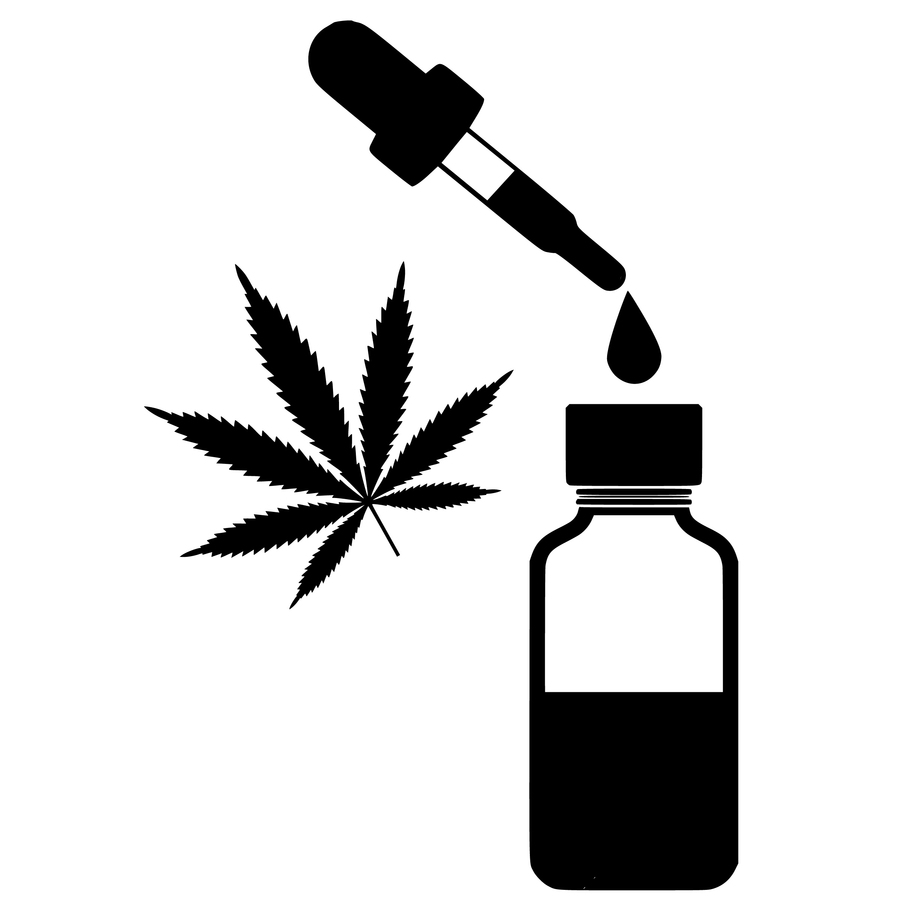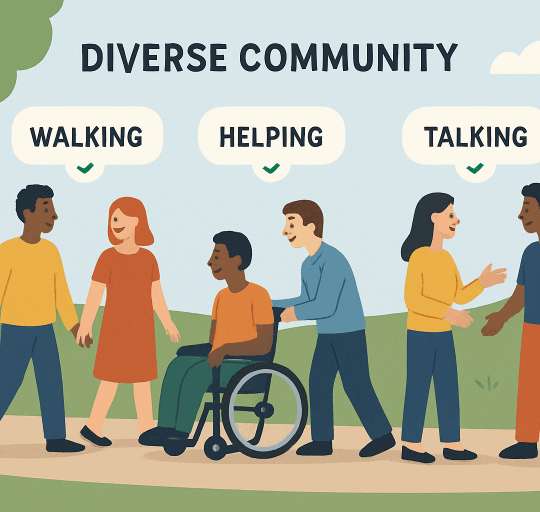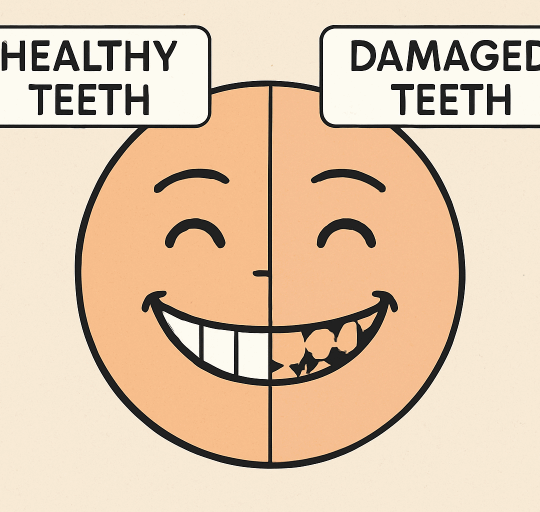
The legality of CBD and overall hemp has been changing all across the globe, substantially decreasing gradually the controversy surrounding the subject.
Multiple countries all over the world authorized cannabis for medical and recreational use. For example, Canada only last year federally legalized recreational marijuana.
The United States has also followed the bait of the conversation. In December 2018, Donald Trump signed the Farm Bill of 2018, ultimately allowing hemp and its derivatives, primarily CBD, to be sold and distributed legally across the country.
CBD, or cannabidiol, is the non-psychoactive part of the marijuana plant that provides healthy and therapeutic qualities beneficial for the human body.
Studies and research have shown great promise in CBD aiding a myriad of medical diagnoses.
Common discomforts, such as nausea, vomiting, headaches, and chronic pain, can be treated with CBD oil rather than standard medication.
CBD products have been hugely beneficial for those experiencing anxiety disorders, such as depression, panic attacks, and insomnia.
Medicine can be revolutionized with CBD, as the substance has showcased the possibility of discovering the cures of severe illnesses, such as Parkinson’s and Alzheimer’s Diseases.
Even with the positive effects of CBD products in mind, people may still be confused about the legal status of the hemp derivative enough to scare them away from trying it.
To put your mind at ease, here are five tidbits of information to know about the legality of CBD in the United States of America.
- Definition of the Farm Bill
Only less than a year ago, the United States signed in the Farm Bill. While the law
decriminalizes hemp and CBD, that still does not qualify specifically what can be sold.
The American law states that legal CBD products must contain 0.3% or less THC, the
component of the marijuana plant that produces the euphoric “high.”
Technically, the Farm Bill changed the definition of marijuana under United States law by
excluding hemp as an incorporating term in the concept.
According to CBD Kyro, the United States recognizes marijuana as a term given for the leaves, flowers, and viable seeds of the Cannabis Sativa. Hemp is considered as the stalks, stems, and sterilized seeds of the plant.
The industrial hemp made to create CBD oil in the United States is bred explicitly to have fewer flowering sites, thus reducing the level of THC in the end product.
Lowering the THC content provides makes room for higher levels of CBD, maintaining with the Farm Bill while still granting advantageous qualities for human health.
- FDA approves some CBD
Even though the Farm Bill legalizes hemp and CBD, the market is unregulated, which
still creates a sense of caution around the products.
While there is a long way to go, the FDA did approve the first-ever medicine that includes
CBD called – Epidiolex.
According to Healthcare Weekly, Epidiolex is a drug used specifically for pediatric epilepsy and seizures, which are some of the conditions, CBD has helped treat.
An FDA approval of Epidiolex means that the drug is officially safe for consumers to use, not to mention utterly trouble-free in the eyes of the law.
- Which States are Legal (and to what degree)
As the federal government changed its perspective on CBD, so did the states in the country. However, each state has a different viewpoint on how much they would like to push the limit for this topic.
Currently, there are only three states, including Idaho, Nebraska, and South Dakota, in America where any form of marijuana is completely prohibited.
Ten other states have fully legalized marijuana for both medical and recreational uses, while 23 states only allow medical marijuana, like the case of Pennsylvania. Professionals from Green Health Docs can help you in the process of obtaining a medical marijuana card in Pennsylvania or any other state that requires a card.
The remainder of the states allow CBD oil under certain circumstances outlined in the National Organization for the Reform of Marijuana Laws.
Each state is unique when it comes to the legality of CBD, so make sure to know which ones would welcome the substance and which ones will not.
- TSA allows CBD
In the spring of 2019, the TSA changed its cannabis policy, allowing CBD oil to be transported on board through carry-on.
The drug Epidiolex was partially responsible for TSA’s change in policy, as they recognized the medication’s capability to limit any stress, especially for those who experience epilepsy and seizures.
As long as the CBD oil complies with the Farm Bill of 2018, the TSA will allow the product to be on board.
People will be able to have a more safe and calm time during a flight with this new policy instantiated by the TSA.
- Many military organizations prohibit CBD
A variety of military organizations, including the Air Force, Coast Guard, and the Navy, have been announcing strict bans on the use of CBD among their service members.
The Coast Guard will have a zero-tolerance policy on service members possessing any form of CBD during their service.
Moreover, the military has prohibited Coast Guardsmen from entering shops and dispensaries selling CBD products, and visiting any online stores or delivery services that distribute cannabis.
On the other hand, the Navy has a more lenient course of action in regards to their marines’ possession of CBD.
Topical CBD products, such as shampoos and lotions, are still allowed to be used during service.
Transdermal patches or any other system designed to provide CBD into the human body are still banned from the Navy.
Regardless of the federal law, the military organizations are sticking their ground with these series of bans on CBD.
As the conversation about CBD is becoming more welcoming and accepting, governments across the globe have been considering the public’s interest.
With the multitude of benefits, CBD products can become the next innovation for medicine, the next best investment in the financial world, and possibly the next decriminalized substance in every country in the world.
Although the legal status of CBD can be confusing, some of these pointers can clear up any doubts about the new American federal law. It is best to refer to your state’s laws to determine how any legalities affect your purchase.
This article was written by Julian Gnatenco with JGBilling







